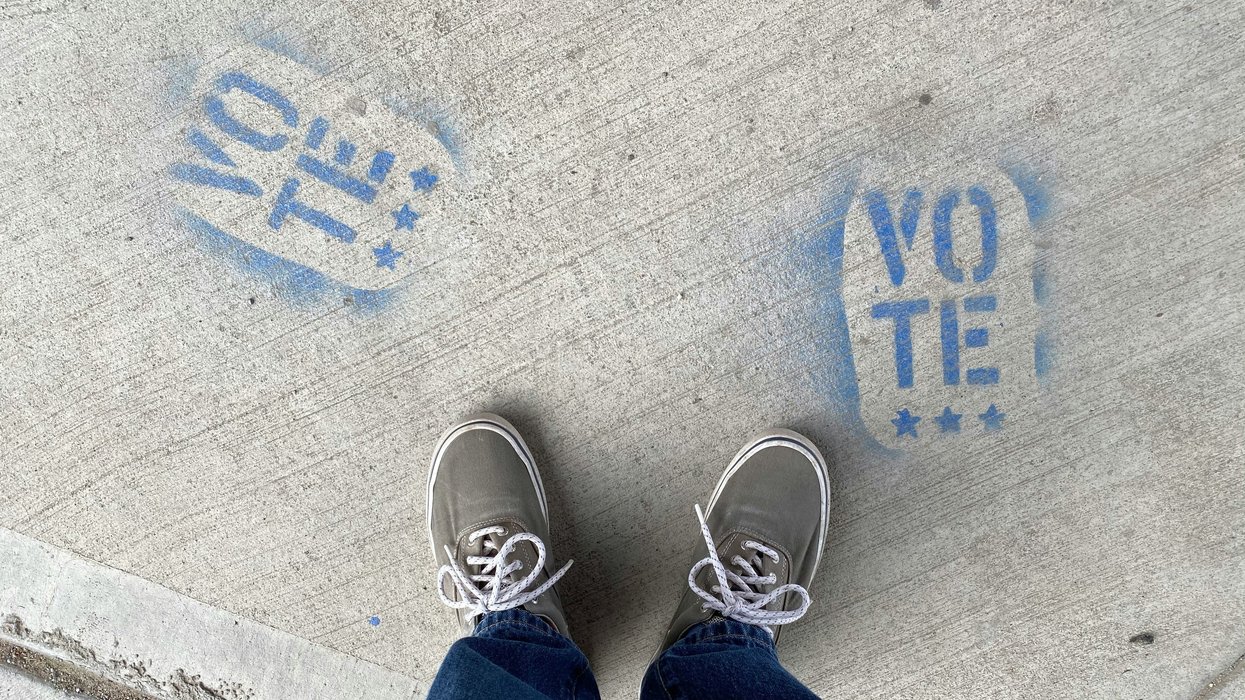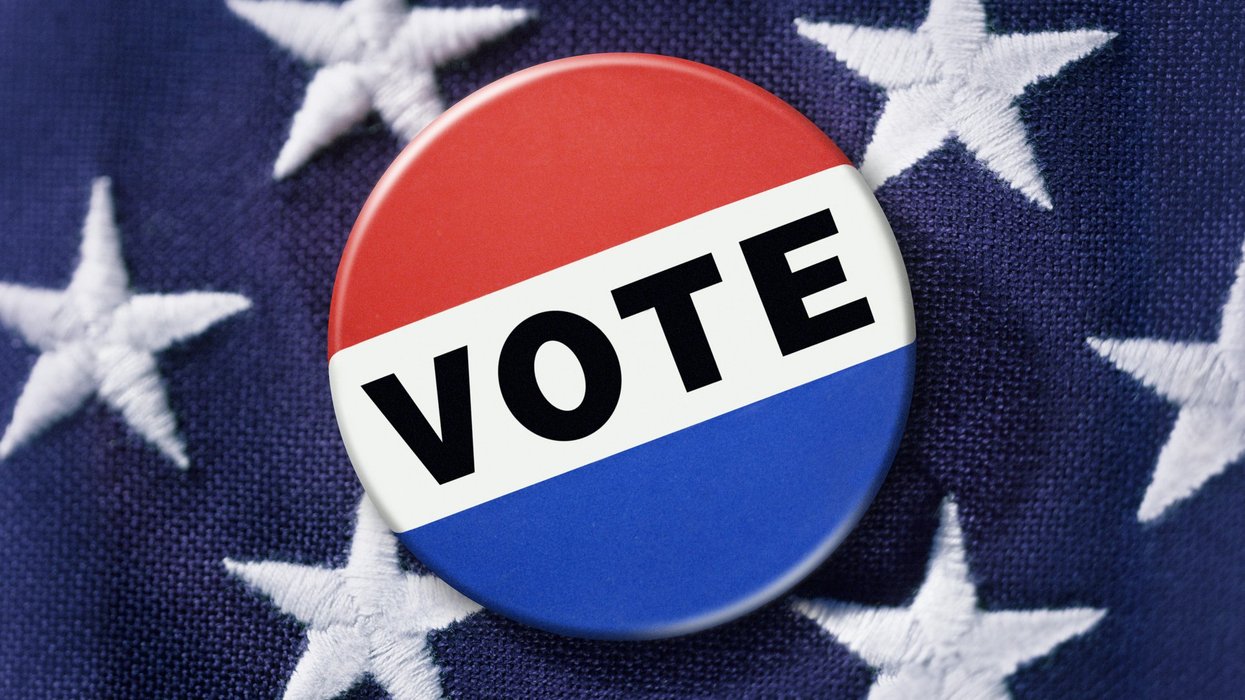The latest Democratic voting rights lawsuit in a battleground state is an attempt to force easier mail-in balloting in Georgia.
The claim is the 13th that Democrats have brought across the country in an effort to break down barriers to absentee balloting, which is almost surely going to be the voting method of more Americans than ever before this year because of the coronavirus pandemic.
The suit was filled in federal court Friday, just as the Republican National Committee ratcheted up its increasingly aggressive effort to combat the wave of Democratic litigation — not only in courthouses but also in the court of public opinion.
The attorney orchestrating the Democrats' effort, Marc Elias in the Washington office of the international firm Perkins Coie, argues that a minimum of four conditions — what he calls the "four pillars" — need to be present for a fair election reliant on ballots returned by mail:
- Postage for returning ballots must be paid by the government.
- Ballots postmarked by Election Day must be counted even if they don't arrive until after the usual Election Day deadline.
- Party operatives, community groups and others must be permitted to collect the ballots of others and deliver them to election offices.
- Ballots must not be easily voided because the envelope signatures don't precisely match signatures that election officials have on file.
The Georgia suit says the state's rules are wanting in all four areas and need to be fixed to guarantee the electorate its rights.
Georgia is a touchstone for Democrats on the issue of voter suppression because they believe the 2018 governor's race was stolen from their candidate, Stacey Abrams.
Sign up for The Fulcrum newsletter
More than 200,000 absentee ballots were cast in that election. But thousands of vote-by-mail applications were rejected and troves of ballots were not counted because they arrived late or because local election officials concluded the signatures did not match.
Every registered voter is being sent an absentee application for the presidential and state primaries, which were both postponed by the Covid-19 outbreak and are now on course for June 9. Even if the judge does not rule by then, there will still be five more months before the general election, when recent polling suggests President Trump is at risk of losing the state's 16 electoral votes. Both Republican senators must stand for re-election this fall and are facing serious challenges.
Elias said several more lawsuits will be filed in the coming weeks at the behest of the Democratic National Committee and its campaign organizations. The newest suit was filed on behalf of the New Georgia Project, a group started by Abrams.
The GOP, meanwhile, launched a new digital fundraising and grassroots motivational platform for "fighting back against the Democrats' assault on the integrity of our elections" by pushing a "radical expansion" of voting by mail and protections for "ballot harvesting," the GOP's term for the legal practice in most states of collecting and delivering the absentee ballots of others.
The launch of the site, ProtectTheVote.com, comes after the party signaled it had doubled its legal budget to $20 between now and Election Day. The GOP views contesting the lawsuits is a winning issue for them, both tactically and in the eyes of voters, in part because a poll commissioned by the party last week found 62 percent of voters suspicious of fraud in the electoral system.
"Americans deserve to have confidence in their elections, and we will not stand idly by while Democrats try to sue their way to victory," said party Chairwoman Ronna Romney McDaniel.




















